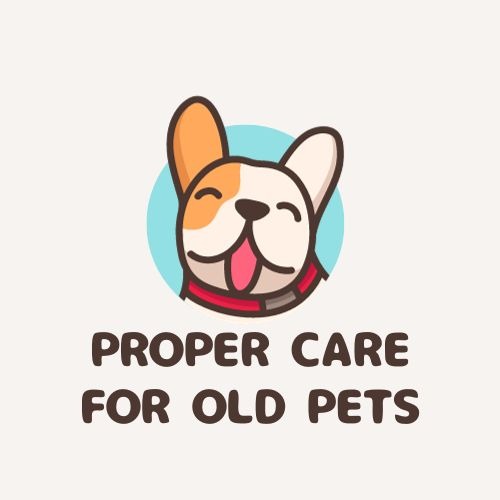Just like in human beings, aging is inevitable in pets and at one point they will all become seniors. When this time comes, your pet will become less mobile, more prone to diseases, and experience a gradual loss in it’s hearing and sight. But at what age can you consider your beloved pet to be now a senior? Usually, not all pets become seniors at the same age. Aging in pets depends entirely on breed, genetics, and various other unique traits. In most cases, smaller breeds become seniors around 10 or 11 years of age while the medium sized ones around the age of 8 to 10. Unlike puppies and adult dogs, senior pets have very different requirements. Apart from providing them with the usual care, senior pets will need a little more attention in order to keep them looking healthy. To help you, here are 10 senior pet care tips to help you take proper care of your aging pet.
1. Age-appropriate diet
Diet plays a very big role as far as maintaining your senior dog’s health is concerned. Normally, older pets are less active and this means they are at a higher risk of developing obesity. Therefore, when you go out to buy dog food, ensure that you opt for a well balanced and low-fat diet that is specially designed for senior dogs. This will help keep your pet healthy as well as preventing it from gaining weight.
2. Regular exercise
Just like human beings, pets also need regular exercise incorporated into their senior pet care program. Although your pet may probably not be able to jump the way it used to, keeping it active will help keep it’s joints healthy, stimulate it’s mind, and keep its weight in check. Since arthritis, lung diseases, and heart disease are common in senior pets, always seek advice from your vet on the right amount of exercise to give your pet.
3. Regular vet checkups
When it comes to caring for senior pets, regular vet care once every six months is vital. As your pet becomes older, it’s immune system becomes weaker and weaker and this leaves it more prone to developing all sorts of ailments. Regular visits to the vet will help you realize any potential issues as early as possible. If it is possible, try to develop a strong relationship with your pet’s vet if your pet has a lot of special needs. As your pet gets older, it might be a good idea to start thinking about getting a pet health insurance which will help you in so many ways.
4. Regular grooming
As your pet gets older, their fur and skin also turn from the once luxurious shiny fur to a dull looking and brittle coat. Also, most aging pets tend to suffer from dry and irritated skin which can get even worse when not properly cared for. Therefore, always try to brush your dog regularly and use natural shampoos to heal it’s irritated skin and coat.
5. Spend quality time together
Even though your pet may not be able to see or hear you well when old, this doesn’t mean that they don’t need your presence. For this reason, you should at least try to set aside special time for cuddling or playing games together. If you anticipate that your pet will leave you very soon, it’s always best to prepare yourself ahead of time how you will finally lay it to rest. Compared to the cost of burying in a cemetery, pet cremation is usually very economical especially if you incurred huge veterinary bills. Also, it is very compliant with the law even in those places where there are private burial restrictions.
Aging is a natural process that you as a pet owner should be well prepared for. Senior pets have very special needs that require you to learn how to take care of. Although this may sound a little bit scary, you and your pet will have enough time to adapt to these new circumstances. Now that you have these tips in mind, we are sure that you will be able to take proper care of your elderly dog and ensure it enjoys it’s golden years.

